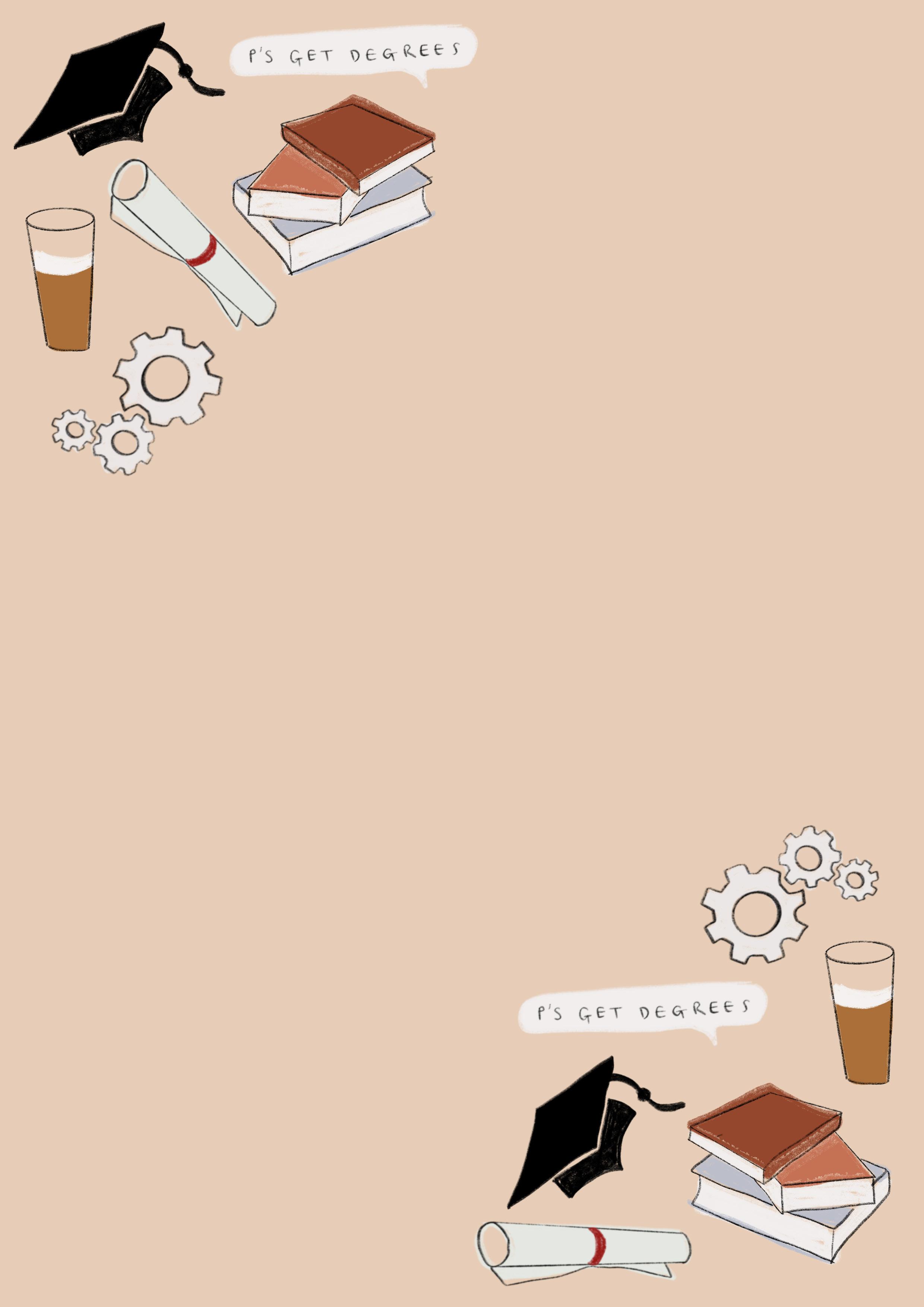6. Woroni: Does winning the National Luminary Award have any special significance to you (other than it being very prestigious)? Christopher Sainsbury: It’s a good recognition of the success of a (to date) 5-year long program for mentoring Indigenous composers. It’s a recognition of the hard work I’ve put into that, but also lots of other people and of course the composers in the program. But it’s also a recognition that the program is built on the back of my 35 years work as a composer and 30 years work in Indigenous music education. So it’s good that the industry gets what I’ve been doing. In Australia the National Luminary Award goes to one musician each year, and it could have been given to anyone whose been around for a long haul. For instance a great Australian conductor, or a great recording engineer, or a great cellist or a great Festival Director, but they flicked it to me, so I must be doing something right. I thank Indigenous composer Troy Russell for the nomination. What future developments do you hope to see in the Ngarra-Burria program, and what do you think its most important contribution will be in the Australian music landscape? CS: Its most important contribution is that the Ngarra-burria program has now already broadened the soundscape of the classical sector, and their understanding of and responsibility towards Indigenous composers. It’s well underway, and has solid industry support. As to future developments, well in a related way I anticipate that music sections in many universities will begin to follow industry and respond with a preparedness to do things differently that may enable many Indigenous musicians (including composers) to become university students. We need to talk about education versus edu-demarcation (as I call it), and whether the latter prohibits access for Indigenous musicians who are often indeed experts in music and in cultural expression, maybe not in Beethoven or Prokofiev, but what is that anyway? And what is it to not hold an ATAR (if one doesn’t)? That’s one culture saying ‘our way is the benchmark’, but it’s no longer valid. Various benchmarks can co-exist, representing various communities that do co-exist.
There must be an acknowledgement of Indigenous cultural wealth, and Indigenous musical expressions and experience as valid benchmarks for access to our music sections in our music schools in Australia. I anticipate fine Indigenous musicians can and should access our halls, validated by their own practice and culture alone, not by an imposed one. It is 2020 isn’t it? Furthermore, it has been raised with me at times that ‘we don’t want to set people up to fail’. However, that is also not valid, as it is effectively saying ‘our benchmark access points and existing curriculum will remain the dominant culture’, and also ‘we’re not going to do things differently or offer support’. So such comments are really bad form. Will what I suggest cost? Yes, but not much in terms of money, just in terms of a cultural shift! The School of Music here is well underway in these things, because of one ingredient - willingness. So that shift can be achieved within the space of a few short years, we’re showing that. That’s a very cheap ingredient I think - willingness. To maintain a ‘business as usual’ approach in a music school in Australia today (or any school in any Uni’ for that matter) is like saying ‘we’re not really interested or willing to make the shift.’ And having no Indigenous enrolments in a School in about the recent five years is a bit of an indicator of business as usual. It can’t sustain. Peter Yu is the new Head of the National Centre for Indigenous Studies here, and he is another one who is intent on making a cultural shift. There’s nothing too demanding in it for anyone who may be concerned, just a gentle turn, a bit of local action from individuals, and then Indigenous enrolments transpire, and the culture of a School starts to change. It doesn’t take more meetings or plans really - all that stuff could repeat forever without really engaging Indigenous applicants. You just jump in locally. My long term planning is this: - what I do on the ground long term. It’s working. W: How would you describe the ANU’s level of support or involvement in helping Indigenous musicians prosper?














